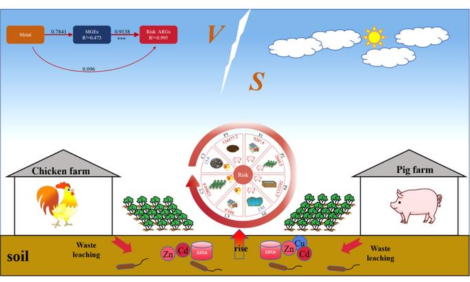



Should Products Made with GM Ingredients be Labelled?
ANALYSIS - The debate over genetically modified organisms (GMOs) is heating up in the US, as activists push for labelling requirements which would inform consumers whether they are eating products derived from GM ingredients, reports Charlotte Johnston, TheCattleSite editor.In November 2012, Californians will vote on a measure that could see California become the first US state to require that food sold by manufacturers and contains ingredients from genetically modified organisms (GMOs) be appropriately labelled.
Similar legislation has previously failed in 19 states, however this will be the first time that the public will vote.
The proposers argue that California consumers have the right to know whether the foods they purchase are produced using genetic engineering, with the initiative being called the: "California Right to Know Genetically Engineered Food Act".
A coalition of opposition, called No on 37, has described the proposition as a deceptive, deeply flawed food labelling scheme that would add more government bureaucracy and taxpayer costs, create new frivolous lawsuits, and increase food costs by billions — without providing any health or safety benefits.
Those supporting the proposition see it as being transparent with the consumer, whilst claiming that the health risks of GM food are unclear.
In fact, the overwhelming majority of the scientific community, including the World Health Organisation and the National Academy of Sciences, agrees that foods made using GM ingredients are safe.
In 2011, over 80 per cent of corn and 90 per cent of soybeans grown in the US were from genetically engineered seeds. This fact alone should spell out how big an affect this legislation could have on the US agri-food industry.
Donations towards No on 37 have been flowing in from around the country, with Monsanto reportedly donating over $4 million. Other agri-businesses including DuPont, Dow AgriSciences, Bayer and BASF have all made contributions, along with food manufacturers including PepsiCo, Kellogs and Cargill among others.
Opponents have raised over $25 million to date.
With GMOs being somewhat unpopular in other parts of the world, the US and other parts of the Americas have always been seen as leading the way on GM.
However, there are wider industry concerns that should this law be passed in California, other states may impose similar legislation.
If the proposal is voted in, as of July 2014 all food products for sale in California must be labelled or they would be considered "misbranded".



